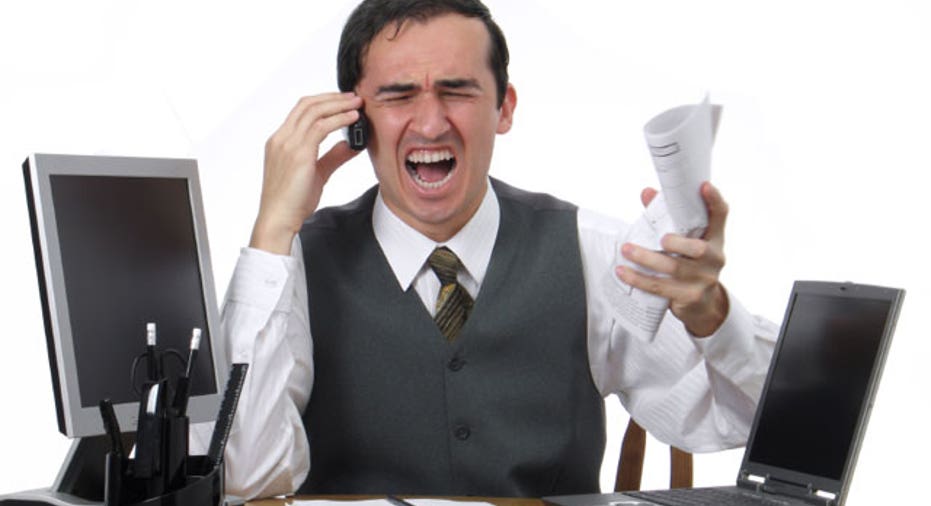Workplace Burnout Affects Your Health, Here’s how Avoid It

In an era of doing more with less in the office, employees are increasingly suffering from workplace burnout that can not only impact their job performance, but also their health.
“When it gets severe, it can make you highly anxious, making you less productive and focused,” says clinical psychologist Andrea Bonior. “It impacts your physical health in terms of sleeping and eating and might make you more prone to substance abuse. It also can negatively affect your relationships with loved ones and friends, and increase your risk of depression.”
With the job market still floundering, employees feel they have no choice but to meet overwhelming demands and log long hours out of fear of getting fired.
Knowing the signs is the first step to combating workplace burnouts, and experts outline what symptoms to look for and how to combat them:
Symptoms
A telltale sign of workplace burnout is a disengagement from work responsibilities or office activities. “Greater amounts of absenteeism and a general disinterest in career development are signs employers often report seeing in workers that are suffering from burnout,” says Jim Link, managing director for employment service provider Randstad. “What they are doing is working hard to spend less time at work.”
In addition to pulling back at work, symptoms of burnout can manifest in office and personal relationships. According to Bonior, people who are burned out often have increased impatience, irritation and anger, feelings of helplessness and/or hopelessness and sudden feelings of apathy or numbness.
Sleep typically suffers when employees get overworked which leads to less energy and a drop in productivity. Burnout can also spiral into depression.
“It can be toxic. It can almost look trauma-like in that you start to avoid people and tasks that are highly stressful to you,” says Bonior.
How to Combat Burnout
According to Michale Smith, chief medical editor at WebMd, work burnout victims should question if they are becoming cynical at work and if they unsatisfied with their job. Answering yes to both questions are signs of becoming overworked.
“Burnout can lead to distractions and a loss of concentration that can hurt your job and even cause accidents on the job,” says Smith. “Chronic stress increases the chances of high blood pressure, heart diseases, diabetes and other medical problems.”
To combat exhaustion, employees should evaluate their priorities at work and identify different ways to manage demands. For instance, a worker stressed out over a boss that is unclear about responsibilities and tasks, should schedule a meeting before starting a project to clearly define the goals and objectives.
“Try to identify what might be behind [the burnout] and seek to remedy the situation through small steps,” says Bonior.
Link at Randstad says a great way for an employee to recover from burnout is to disconnect at the end of the day and during the weekend. “Because of the spread of mobile devices and social media, it’s more difficult to differentiate between work and non-work in this connected world,” says Link. “It’s highly advisable if you are feeling burned out to turn those things off when you go home.”
To combat becoming overly stressed during office hours, Bonior suggests scheduling mental and physical breaks. “Even if it's just in the form of a brief meditation at your desk, or a lunchtime walk in the fresh air, building mental and physical breaks into your day can be helpful,” she says.



















